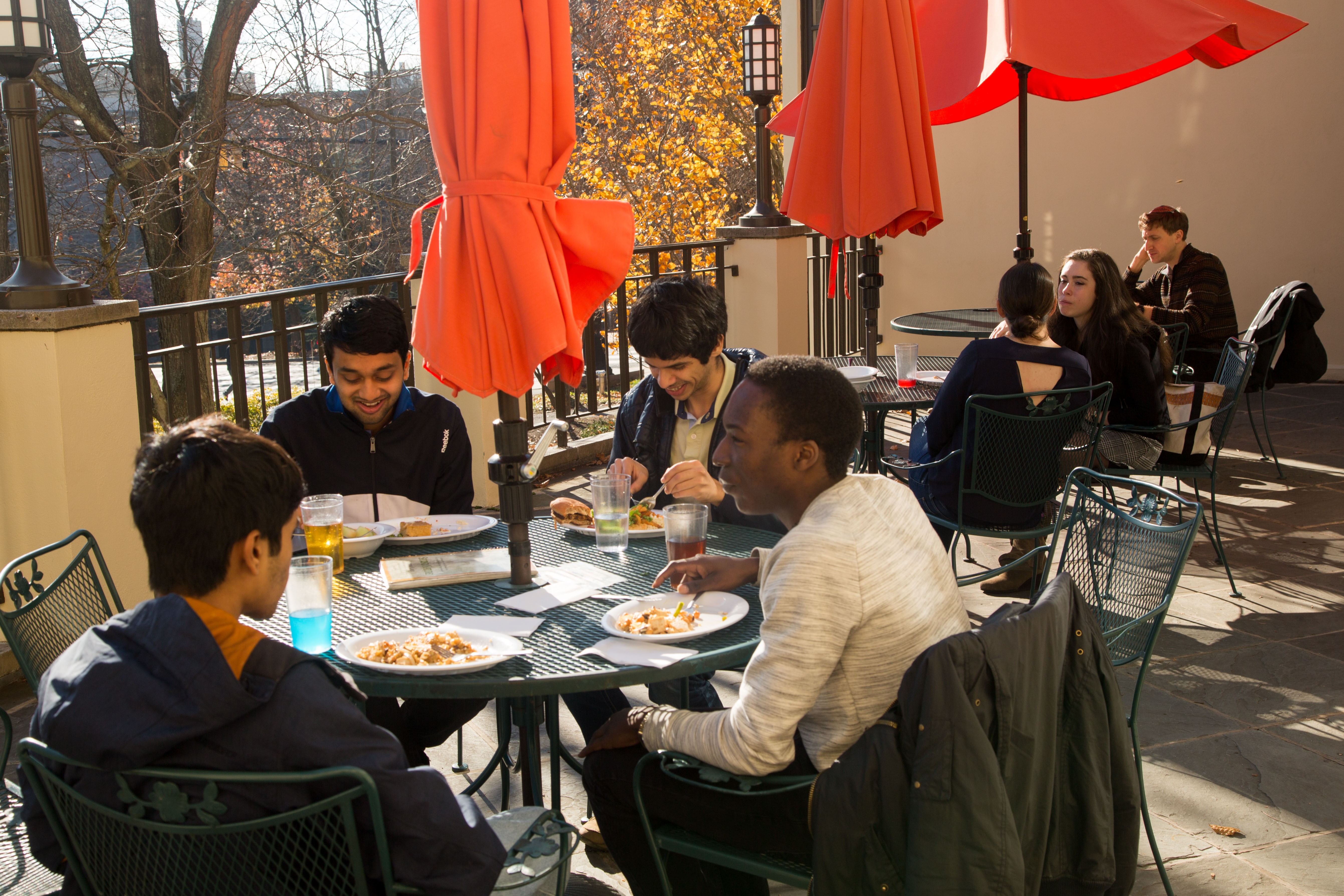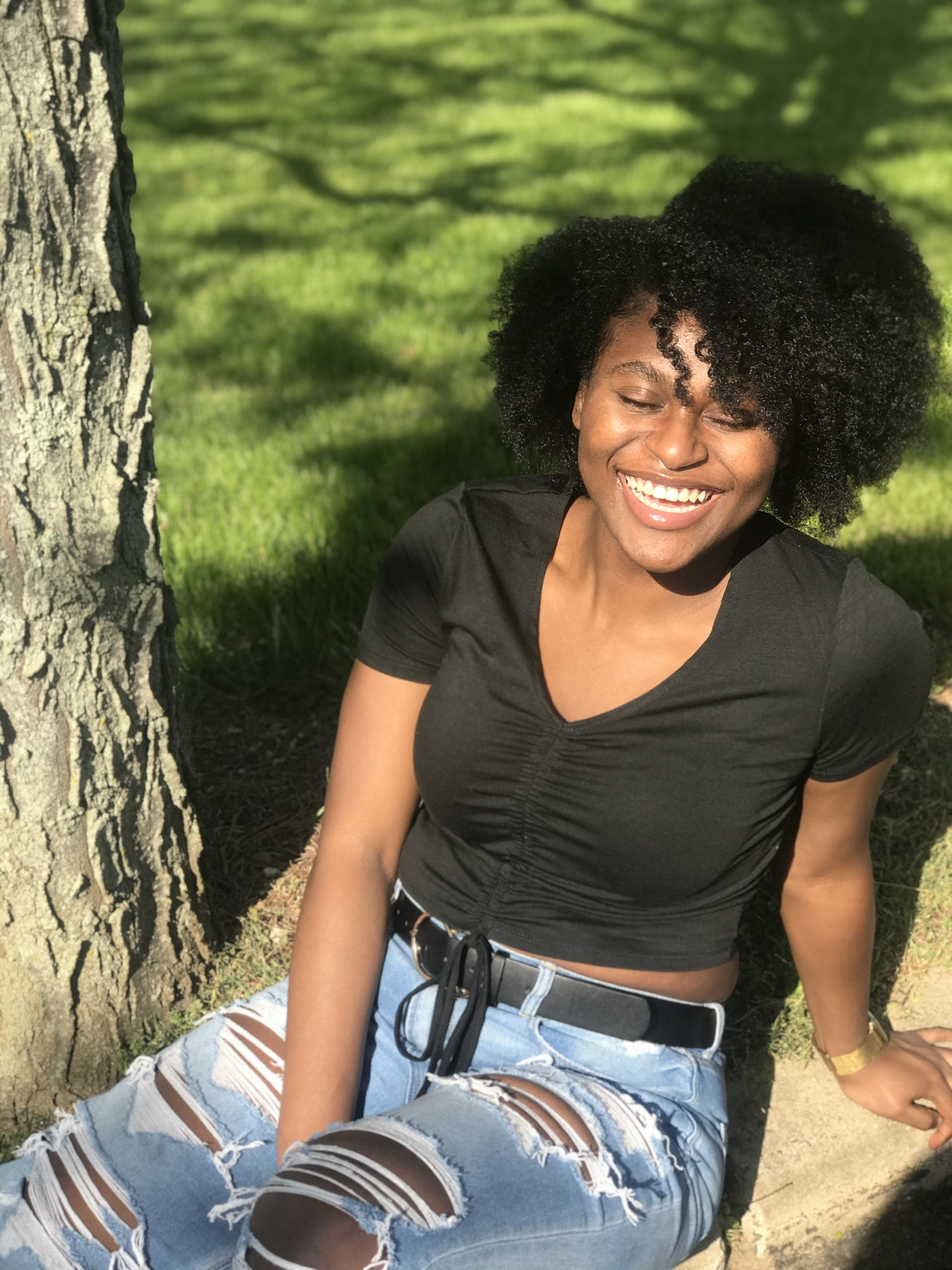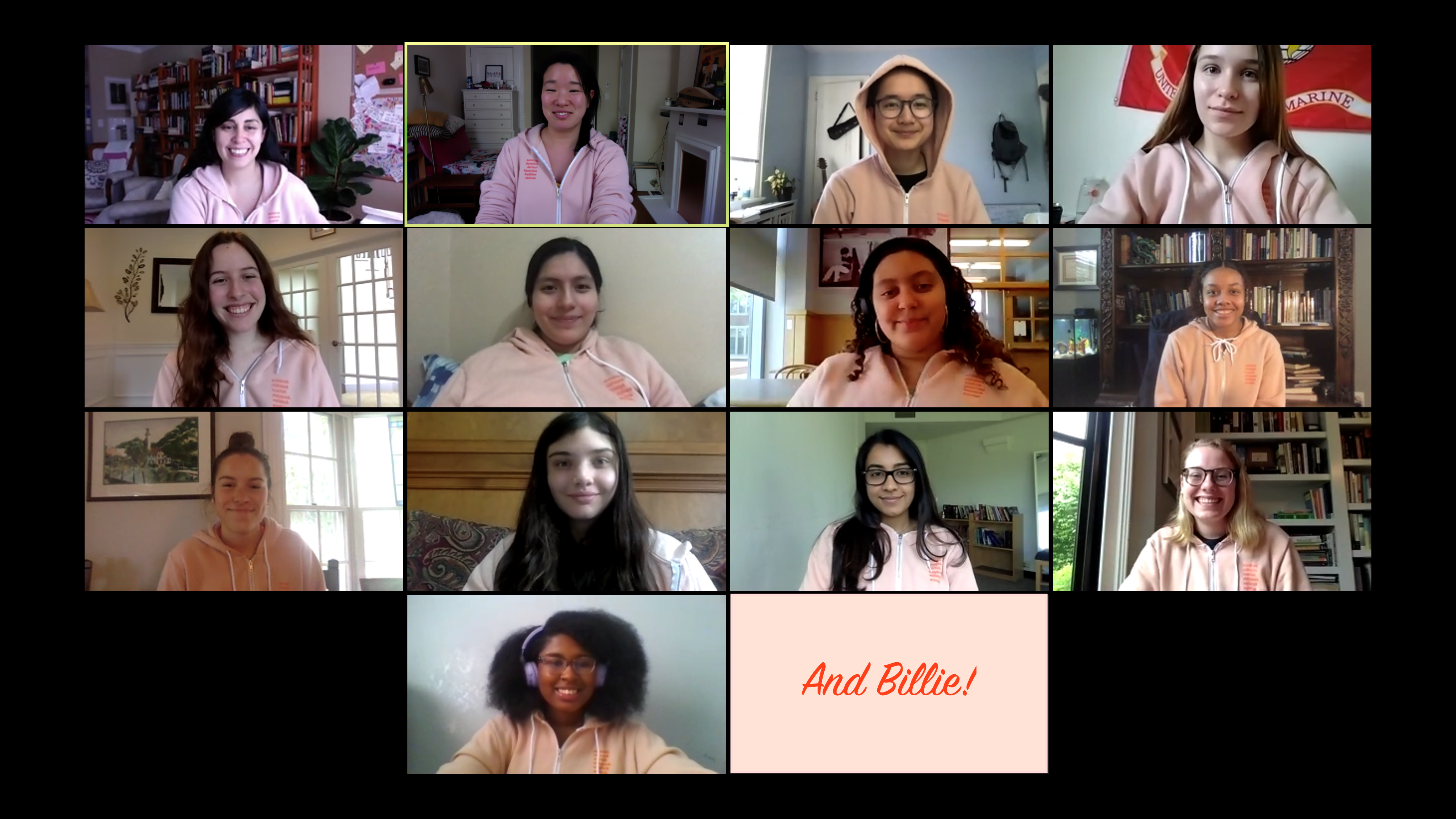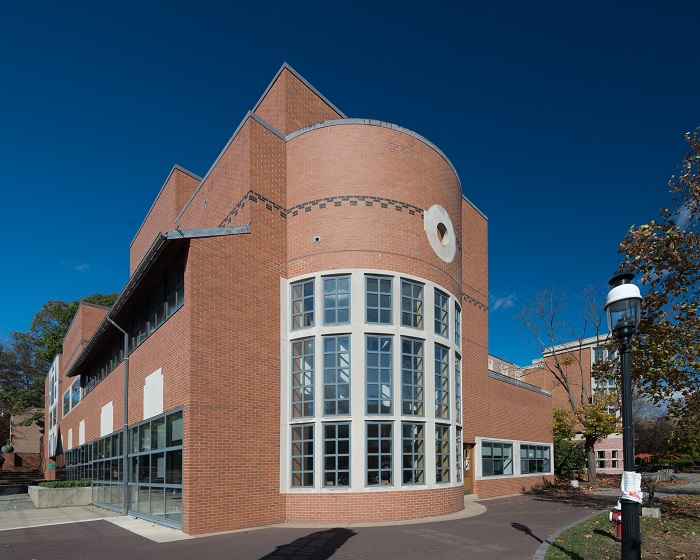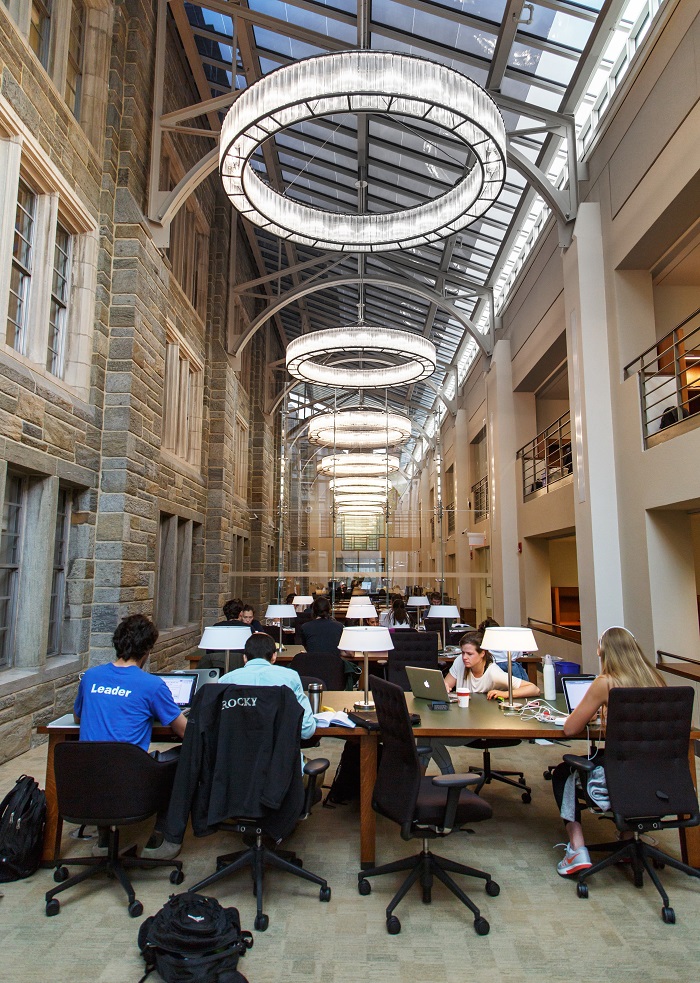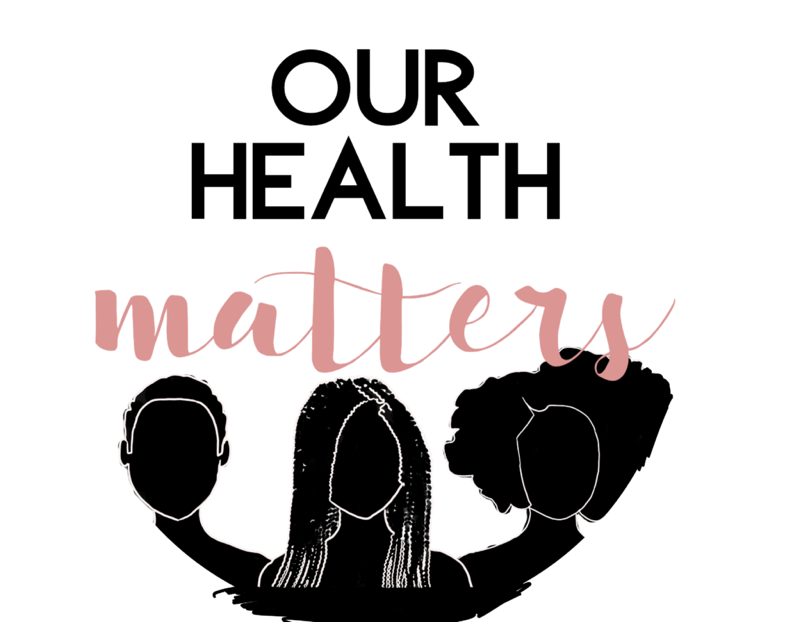Like all Princeton students, I was devastated by the announcement that we would have to leave campus to finish the spring semester. So much of the magic of Princeton involves the engaging conversations in class, the accidental encounters with friends, and the beauty of the campus. Although the transition from an in-person class to Zoom has not been the easiest adjustment, it has made me even more grateful for my Princeton experience.
"Zoom University", as some people jokingly call it, hasn't been without its challenges, but I have been impressed by the ingenuity of some of my professors. In one lecture, we were regularly split into breakout rooms to discuss a proposed question, like we would in person, then representatives from each group would present to the class at large. Zoom made it easy for students in my history class to share their screen for their presentation during precept. The McGraw Center continues to help with my problem sets, and I can meet with professors and preceptors in virtual office hours. Last week I wanted to find a resource online through Firestone Library's collections, so I chatted virtually with a librarian. At the end of the day, I am still learning about the principles of microeconomics, the rise of the Civil Rights movement, and the dangers of climate change, just in a different format than I expected.
Various student groups have done a great job keeping the student community intact. The Office of Wintersession and Campus Engagement has offered regular virtual activities, such as discussion groups and virtual movie screenings. The Princeton Student Events Committee even hosted a fun trivia night. As an editor for The Daily Princetonian, I have continued to write and edit important news articles to keep the campus informed.
Although I can’t be with my friends in person, I still talk to them pretty much every day. Over the course of the past few months we've planned a virtual meet up to officially declare our concentrations all at the same time. We even had a virtual formal, which was just an excuse for us to dress up and be together. Whether through a casual text or a scheduled FaceTime, I know my friends are always there for me.
In the end, the COVID-19 pandemic has made me even more thankful for the 1.75 years I’ve had on campus. When we do return to an in-person semester, I want to truly take advantage of all that Princeton offers us. This pandemic has reminded me to make sure that I don’t take my opportunity to learn and grow as a student and person for granted.







